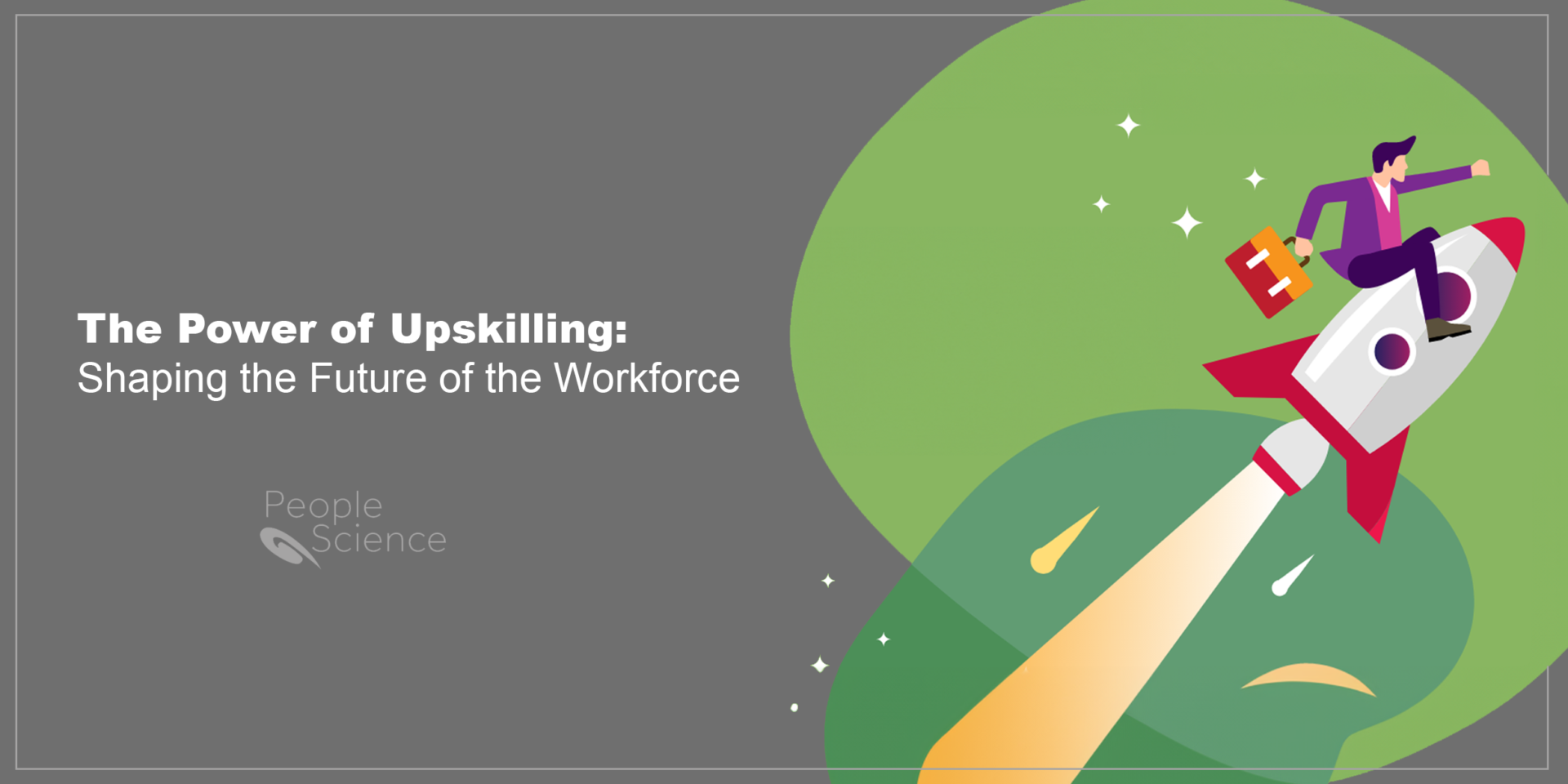In a rapidly changing world, one of the most significant investments a company can make is in the skills of its workforce. As industries adapt to technological advances, globalization, and new business models, employees must keep up with the pace of change. This is where the power of upskilling comes into play.
Upskilling: A Definition and Its Importance
Upskilling refers to the process of learning new skills or training existing employees to do more complex jobs. It involves expanding individuals’ capabilities, enabling them to fulfill higher roles or stay abreast of evolving industry requirements. This investment benefits the employees and helps the organization stay competitive, innovative, and resilient.
Why is upskilling important in the current workforce? There are three key reasons.
- First, the technological landscape is evolving faster than ever. With the rise of automation, artificial intelligence, and other digital technologies, job roles are continuously being reshaped. This means that skills that were once deemed necessary may now be obsolete, and new skills are constantly emerging.
- Second, the labor market is increasingly competitive. Companies that are committed to their employees’ career growth are more likely to attract and retain top talent.
- Finally, upskilling contributes to employee engagement and satisfaction. Employees who feel their company invests in their development will likely be more motivated, productive, and loyal.
The Role of RPO Specialists in Upskilling
Recruitment Process Outsourcing (RPO) specialists, such as People Science, play a crucial role in this new reality. They are instrumental in identifying skill gaps within an organization and developing effective upskilling strategies.
Our RPO specialists leverage data analytics to assess the current skill sets within an organization and identify areas where upskilling is required. We then work closely with company leaders to design customized training programs that address these gaps.
But our role extends beyond just identifying gaps and creating programs. We also help create a culture of learning within the organization to ensure that upskilling becomes an integral part of the company’s strategy rather than a one-off initiative. This is essential for long-term success and sustainability.
How Companies Are Leveraging Upskilling
Many organizations are already leveraging upskilling to strengthen their workforce. For instance, Amazon announced a $700 million investment in upskilling 100,000 employees to train them for higher-skilled jobs within or outside Amazon.
Similarly, AT&T invested $1 billion in a multi-year upskilling program. Recognizing the rapid changes in the telecom industry, the company aimed to prepare its workforce for the future.
These examples demonstrate how companies are reacting to changes and proactively investing in their workforce to stay ahead of the curve.
Future Trends in Upskilling
Looking ahead, People Science expects several trends in the world of upskilling.
- First, we will likely see more personalized learning experiences. With technological advancements, companies can create individualized learning paths that cater to each employee’s unique needs and aspirations.
- Second, there will be a stronger focus on “soft” skills like emotional intelligence, critical thinking, and creativity. As automation takes over routine tasks, these uniquely human skills will become increasingly important.
- Finally, we can expect a growing recognition of the importance of lifelong learning. The concept of “learning, unlearning, and relearning” will become a critical part of the workforce’s mindset.
Conclusion
In conclusion, upskilling is not just a trend but a necessity in today’s workforce. Companies that recognize the power of upskilling and invest in it will be better equipped to navigate the future.
RPO specialists such as People Science play a critical role in this process, helping companies identify skill gaps and creating effective strategies for upskilling. Moreover, they help foster a culture of continuous learning, which is key to long-term success.
The examples of companies like Amazon and AT&T demonstrate the tangible benefits of upskilling. They illustrate how forward-thinking organizations proactively prepare their workforce for the future, not just reacting to changes.
As we look towards the future, we see a landscape where personalized learning experiences, a focus on soft skills, and a commitment to lifelong learning become the norm.
In essence, the power of upskilling lies in its capacity to shape the future of the workforce. It is a powerful tool that enables companies to stay competitive, fosters employee engagement, and drives business growth. The future belongs to those who invest in their people today. And as we have seen, upskilling is one of the most effective ways to make that investment.
